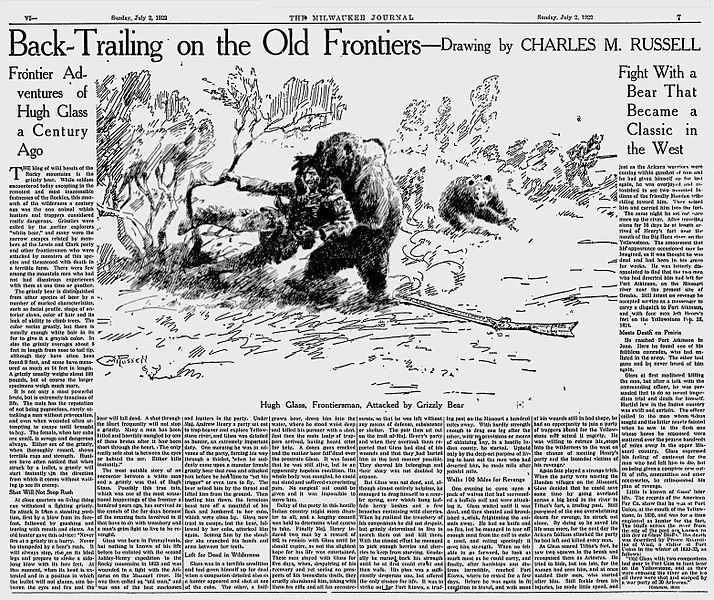 In 1969, Hollywood legend Judy Garland died of an accidental barbiturate overdose. With her death and with Midnight Cowboy soon becoming the first X-rated film to win Best Picture, it was the end of the so-called Golden Age of Hollywood and the birth of a new, less innocent era. A new, edgier actor named Al Pacino, who appears in this film as a Hollywood agent, made his debut that same year. And Sharon Tate, the actress and model who was married to Roman Polanski, was murdered (along with her unborn baby and guests) in her home by the Charles Manson gang.
In 1969, Hollywood legend Judy Garland died of an accidental barbiturate overdose. With her death and with Midnight Cowboy soon becoming the first X-rated film to win Best Picture, it was the end of the so-called Golden Age of Hollywood and the birth of a new, less innocent era. A new, edgier actor named Al Pacino, who appears in this film as a Hollywood agent, made his debut that same year. And Sharon Tate, the actress and model who was married to Roman Polanski, was murdered (along with her unborn baby and guests) in her home by the Charles Manson gang.This is the setting for the newest film written and directed by Quentin Tarantino, Once Upon a Time in Hollywood. It is quite unlike his previous films. Controversial and a little goofy, sure, but fantastically acted and more or less engaging.
Leonardo DiCaprio and Brad Pitt are the two main stars here, and they are the best part. DiCaprio is Rick Dalton, a fictitious actor going through a bit of a midlife crisis as he realizes he might have peaked and his acting talent might actually be minimal. He's got a slick leather jacket and a cool necklace, but he's a mess, constantly drinking, smoking, and married to the idea that he's a has-been. Pitt is Cliff Booth, his stunt double who these days essentially makes his living by driving Dalton around and taking care of his other errands. While they live in different economic worlds, they rely on each other and have tremendous loyalty. Their stories essentially split into two as Dalton goes to film a guest appearance on a pilot as the heavy opposite real-life James Stacey, who is played here by Timothy Olyphant. In this sequence, which some might find superfluous, DiCaprio screams, weeps, and seems to be having as much fun as he ever has had as an actor.
While Rick is busy filming, his old buddy Cliff is roaming around the streets of Hollywood, where he runs across a young cohort of followers of the real-lie Charles Manson, who appears briefly here stumbling on Polanski's property. (Manson is played by Australian actor Damon Herriman.) This real-life event--the murders at the hands of the Manson Gang--looms large over the entire story, though the film itself is essentially Tarantino's love letter to the movie business.
Other conflicts appear throughout, particularly in what is likely its most notable (and perhaps controversial) scene. It shoots out of nowhere and feels like Tarantino being Tarantino but for all the wrong reasons. But it is Tanatino, and it's also a fairy tale, one that drags on too long. It's his first post-Weinstein film, and part of the deal he negotiated with Sony was to have final cut over the finished product. That was unfortunate, because a lot of what's included has no place being there. We've seen a lot of this stuff before from this director; do we really need to see it all again?















